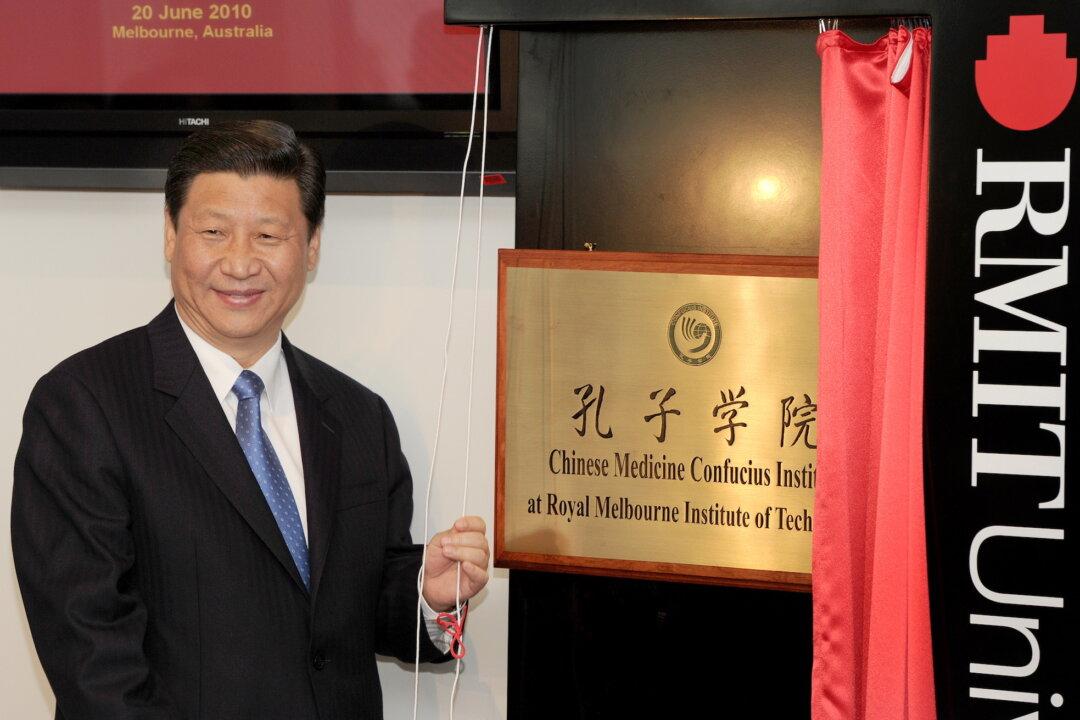Australia’s taxpayer-funded university research sector has long been targeted by authoritarian regimes resulting in the transfer of sensitive research, with a new government report specifically identifying the Chinese regime as the largest, but not the only, culprit of foreign interference.
In the report, the Parliamentary Joint Committee on Intelligence and Security (PJCIS) found several instances where staff and students were subject to sustained campaigns of intimidation, harassment, and censorship when they were outspoken on campus.





